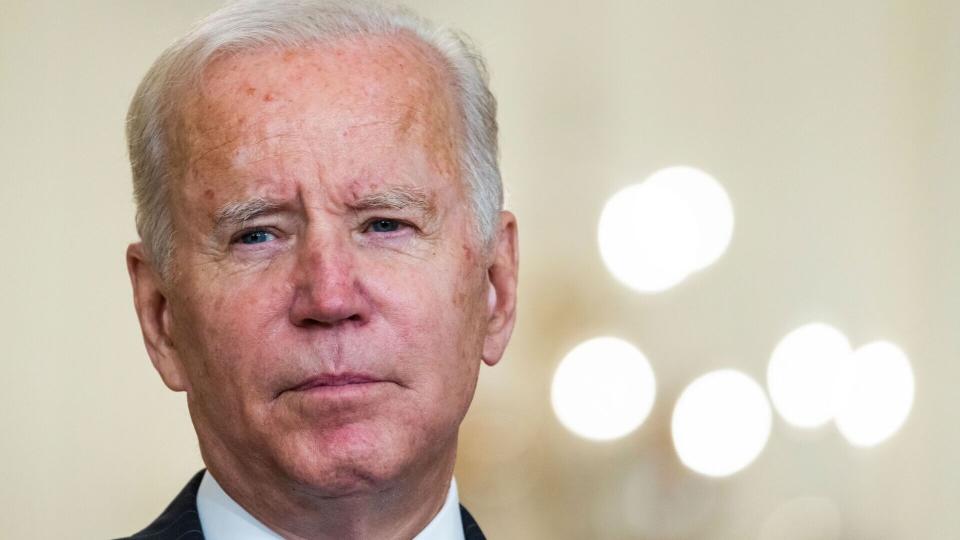Why Does The Government Want to Know How Much is in Your Bank Account?

If you’re concerned that the U.S. government wants to monitor your bank account, you’re not alone. Plenty of lawmakers, consumers and banking trade groups are pushing back against the idea, which was proposed in May by the Treasury Department as part of its budget request.
See: Don’t Believe The Hype – Biden’s $600 Tax Plan Won’t Force You to Report All Venmo Transactions to the IRS
Find: Pandora Papers Reveal Offshore Bank Account Tax Avoidance Schemes – How You Can Open One Legally
But the government has its reasons for such a proposal, and they mainly have to do with President Joe Biden’s desire to crack down on unpaid taxes, mostly from wealthy Americans and big businesses. Those unpaid taxes total about $7 trillion, The New York Times reported, and the Biden administration wants that money to help fund social and economic programs.
Under the Treasury Department’s proposal, banks would be required to note how much money goes into and out of bank accounts, with the exception of accounts that have less than $600 of inflows a year, or whose balances are below $600, CBS News reported. No individual transactions would be listed, and Treasury officials insist such a plan would not lead to more audits of middle-income Americans.
But banks and their trade groups are not happy about the proposal, and they’re showing their displeasure by running advertising and letter-writing campaigns to raise awareness about it. This in turn has led to an avalanche of phone calls, emails and complaints from concerned personal and small-business account holders.
“We have heard a lot from our customers about their concerns about their privacy,” Jill Castilla, CEO of the single-branch Citizens Bank of Edmond in Oklahoma, told The New York Times. “I’ve gotten calls, emails, and then we’ve had many customers come in.”
But as CBS News noted, Treasury officials are trying to calm fears about the real-world impact such a proposal would have on most Americans. Officials say fears of more audits are unfounded, and that the Biden Administration has promised not to increase the number of audits on Americans who earn less than $400,000 a year. Instead, the focus will be on high earners who don’t report all of their tax liabilities.
Moreover, the IRS wouldn’t learn about individual spending habits, but just the money going in and out.
“The proposal involves no reporting of individual transactions of any individual,” Treasury Secretary Janet Yellen told CBS Evening News’ Norah O’Donnell. “If somebody reports an income of $10,000 and they had $3 million go out of their checking account, that tells the IRS that’s an individual you might audit.”
Supporters of the plan also point out that it wouldn’t involve new taxes, but instead only seeks to ensure all taxpayers pay what they’re supposed to.
“We are all supposed to pay income taxes on our income,” Steve Wamhoff, director of federal tax policy at the Institute for Taxation and Economic Policy, told CBS News. “This idea that you have some sort of right to not tell the IRS about income you have — there is no such right. That doesn’t exist. We are literally talking about enforcing the law that is already on the books.”
See: Billionaires vs. the Middle Class Across America: Who Pays More in Taxes?
Find: How the IRS Taxes Cryptocurrency – and the Loophole That Can Lower Your Tax Bill
The proposal is part of a broader effort to dig up taxes on income that goes unreported. An estimated $160 billion a year of these taxes go unpaid by the wealthiest 1% of taxpayers.
More From GOBankingRates
This article originally appeared on GOBankingRates.com: Why Does The Government Want to Know How Much is in Your Bank Account?
